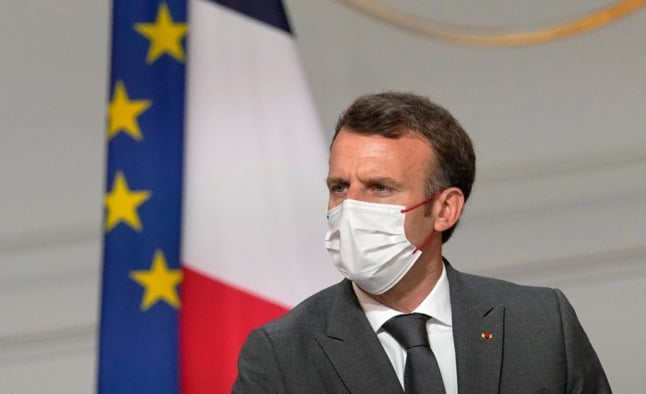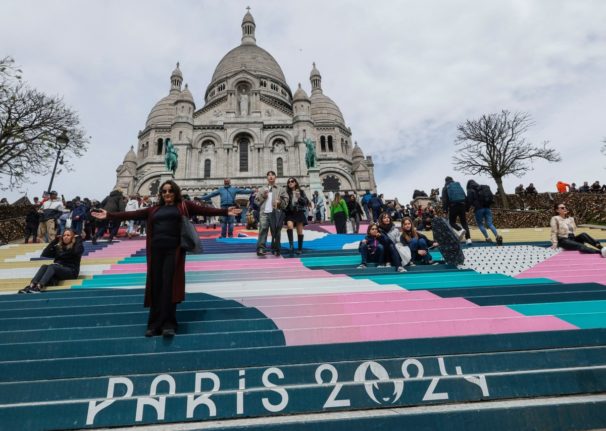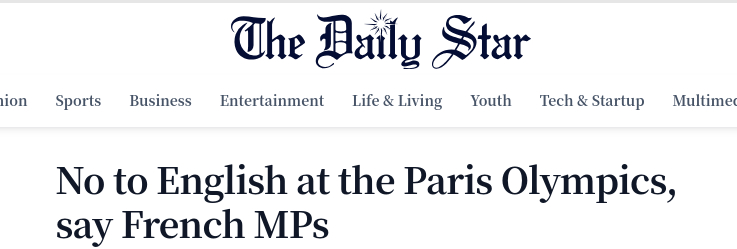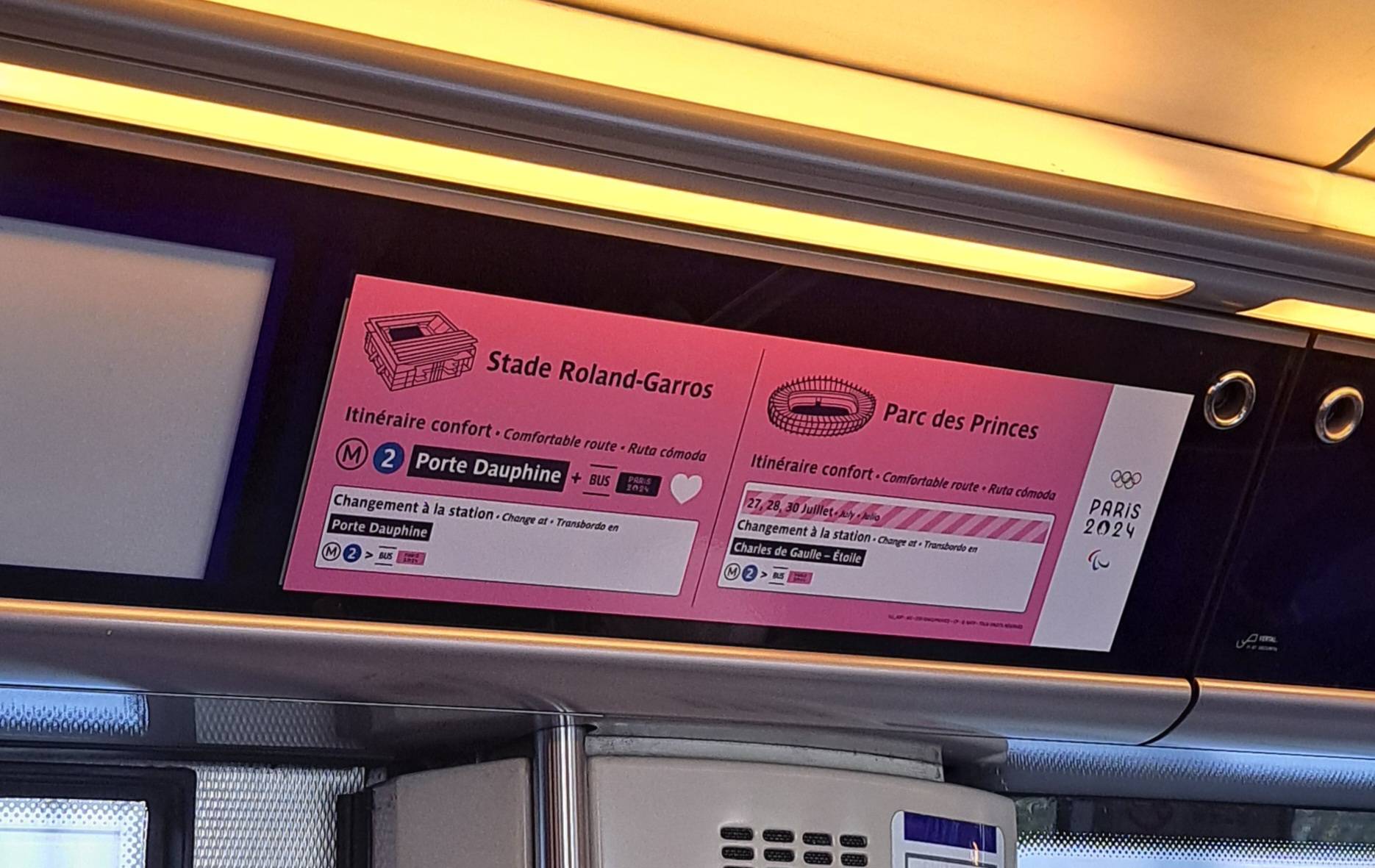“The president is following this subject closely and takes it very seriously,” Attal told France Inter radio, adding that the unscheduled national security meeting would be “dedicated to the Pegasus issue and the question of cybersecurity”.
The meeting comes after revelations that phone numbers for Macron and 15 members of his government appeared on leaked lists of targets of the Israeli cybersecurity company NSO Group.
The group said on Wednesday that the firm’s controversial Pegasus spyware tool was not used to target Macron.
The comments came as Reporters Without Borders (RSF) urged Israel to suspend exports of the spying technology after heads of state and scores of journalists and rights activists featured on a list of alleged targets selected for potential surveillance.
We can “specifically come out and say for sure that the president of France, Macron, was not a target,” Chaim Gelfand, chief compliance officer at NSO Group, told the i24 News television network.
But he also alluded to “some cases brought up that we are not so comfortable with”, noting that in such circumstances the firm “usually approaches the customer and has a whole long discussion… to try to understand what were his legitimate reasons, if any, to use the system.”
A list was leaked of some 50,000 phone numbers believed to have been chosen by clients of NSO Group. The numbers purportedly included those of Macron, 13 other heads of state and 15 French government ministers including former prime minister Edouard Philippe.
Pegasus can hack into mobile phones without a user knowing, enabling clients to read every message, track a user’s location and tap into the phone’s camera and microphone.





 Please whitelist us to continue reading.
Please whitelist us to continue reading.
Member comments